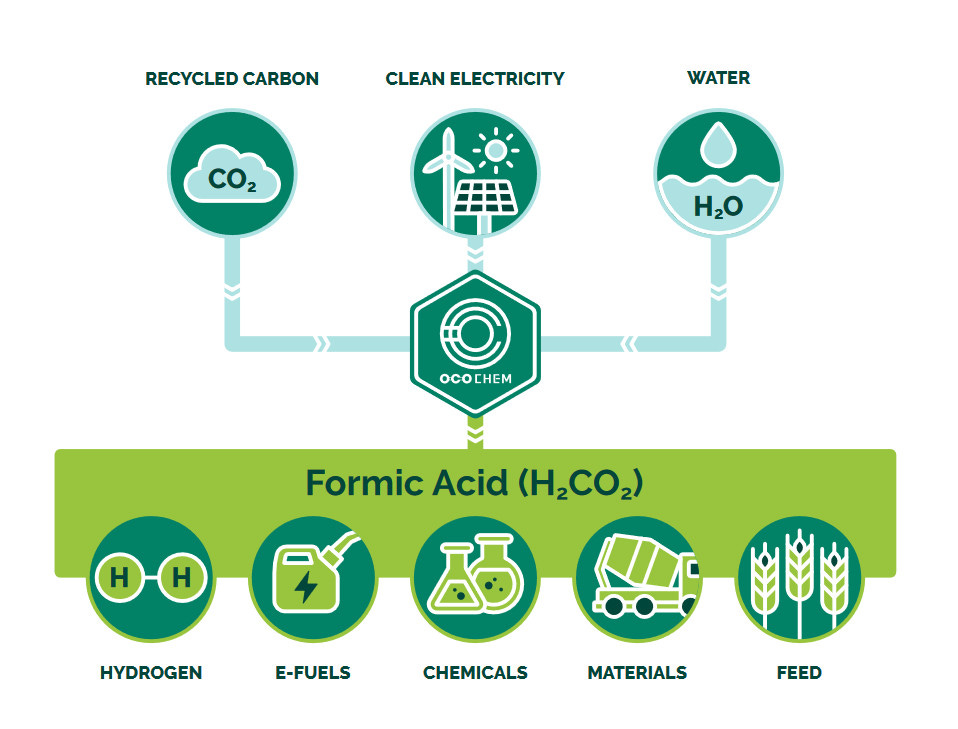U.S. to Reach Record of Oil & Gas Extraction in 2023
Short on time? Get a quick rundown of today’s top stories from the ACR:
The United States is expected to achieve record-breaking levels of oil and gas extraction in 2023, posing a challenge to the UN's climate goals and the global push for a phaseout of fossil fuels.
Chile is discussing the benefits of the Inflation Reduction Act with the U.S. to attract investments in its lithium reserves, potentially increasing production of electric vehicles using materials sourced from Chile.
U.S. to Reach Record of Oil & Gas Extraction in 2023
Despite the UN's climate goals, the United States is projected to reach a new record in oil and gas extraction in 2023, with a forecast of 12.9 million barrels of crude oil and a doubling of liquefied natural gas (LNG) exports. This record-breaking level has been achieved despite a decrease in the number of rigs, as companies improve drilling efficiency to counter lower prices. In August, crude and condensate production reached a record-breaking 13.1 million barrels per day, surpassing pre-pandemic levels. This surge in fossil fuel production presents a challenge to the upcoming COP28 United Nations climate talks and the global push for a phaseout of fossil fuels. The U.S. government anticipates sustained high levels of oil and gas activity until 2050, which contradicts the imperative to eliminate emissions that contribute to climate change. This raises concerns about the U.S.'s ability to meet its climate goals and undermines its moral authority in advocating for a transition away from fossil fuels.
Chile Seeks Foreign Capital to Tap Lithium Reserves
Chile is discussing the benefits of the Inflation Reduction Act with the U.S. in order to attract investments in its lithium reserves, which are among the largest in the world. The country's free-trade agreement with the U.S. could incentivize U.S. companies to increase their production of electric vehicles using materials sourced from Chile. Chilean authorities have engaged in discussions with President Biden, the Treasury Department, and trade officials to explore these opportunities. However, earlier this year, a proposed plan by the Chilean government to nationalize the lithium industry raised concerns about potential disruptions to the supply of low-cost lithium and the possibility of increased costs. The uncertainty surrounding the plan may have prompted companies to pursue direct sourcing strategies and increased activity in the lithium sector.
OCOchem is a Washington-based company that converts CO2 into products and ways to store renewable energy. The company’s process involves converting and storing electric energy by combining CO2 with hydrogen from water using an electrolyzer device. This creates a simple and safe liquid organic molecule called formate, which can be used to store energy in liquid form.
OCOchem’s technology solves the challenges of carbon emissions and energy storage by repurposing CO2 and storing energy for customers who want to reduce their carbon footprint and energy storage costs. They recently raised USD 5 million in funding to continue developing its technology.
Panama: Indigenous Community Facing Lack of Space and Rising Seas Plans Relocation
Publisher: Human Rights Watch
Publication Date: July 2023
Access the report here
This report focuses on the challenges faced by the Guna Indigenous people living on Gardi Sugdub, also known as 'Crab Island,' off Panama's northern Caribbean coast. The island's overcrowding, floods, storms, and rising sea levels due to the climate crisis have made life increasingly difficult for the community, affecting housing, water, health, and education.
The report emphasizes the importance of supporting the Gardi Sugdub community in their relocation with dignity and calls for transparency and timely updates from the authorities. It also highlights the need for a national climate-related planned relocation policy in Panama that includes community participation and safeguards human rights.
The experiences of the Gardi Sugdub community provide important lessons for future planned relocations. The report stresses the need for a human rights approach to relocation planning, ensuring the protection of people's rights and locally led adaptation solutions.








